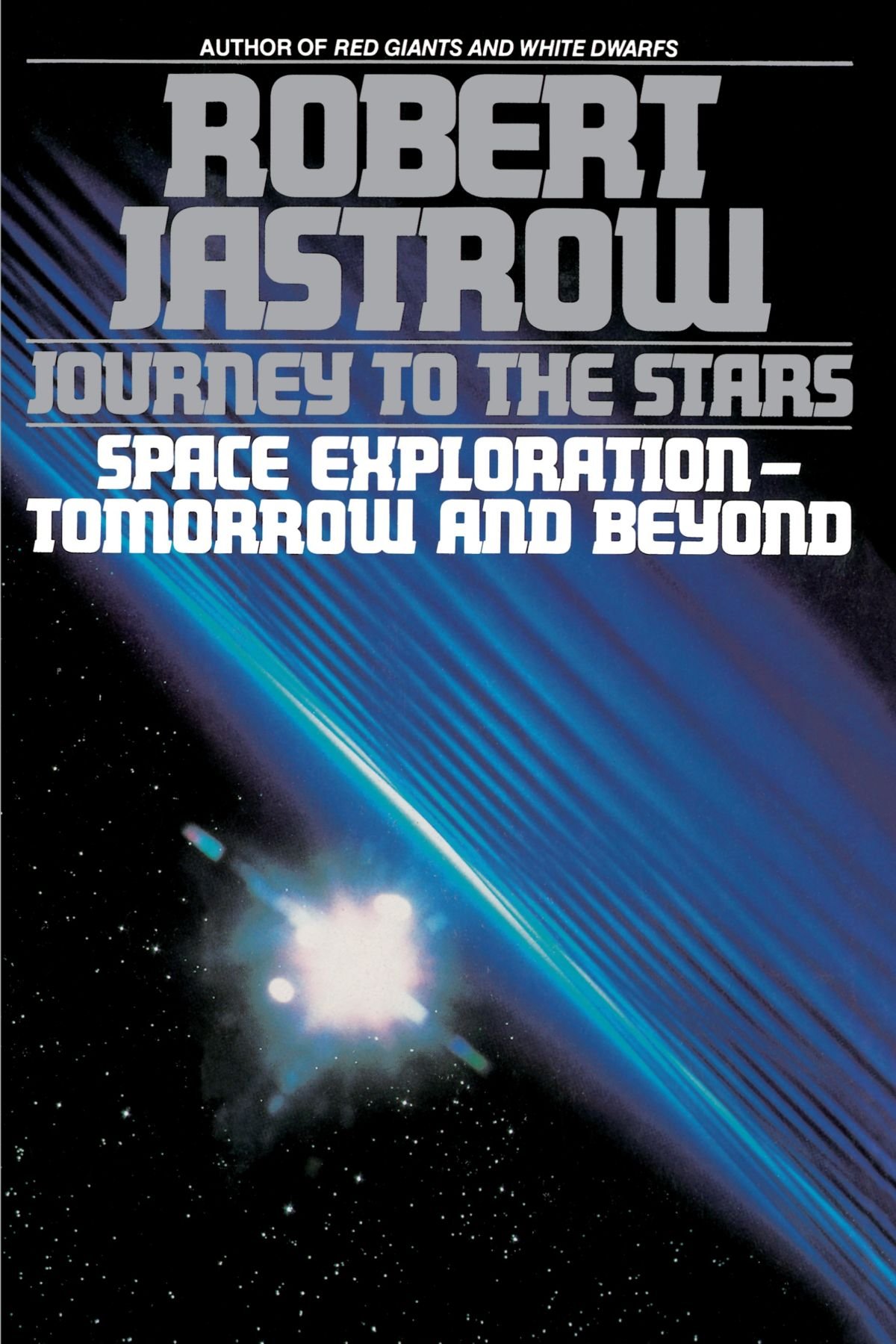
Journey to the Stars
Journey to the Stars
By Robert Jastrow (Published in 1989 By Bantam Books. 214 pages)
Rarely have I felt such contradictions as I did when I read this book. A distinguished astronomer, Dr. Jastrow (1925-2008) wrote and spoke widely on space exploration, the fascinating topic of this book. He was a gifted and eminently readable authority, with a rare ability to condense and simplify complicated scientific theorems into thoroughly understandable and exciting text. Some of the questions he addresses in Journey to the Stars include the search for life on other worlds, human multi-generational space travel (endlessly fascinating!) and the feasibility of our ever bridging the vast reaches of space to reach the orbit of the nearest stars. Such questions are most intriguing, and Jastrow handles them with unmatched skill.
Unfortunately, there are passages which are absolutely infuriating for those of us who reject supernaturalism in all its multitudinous manifestations. In these Jastrow, who professed agnosticism, often proves himself to be quite as irrational as many religionists with comments such as “Astronomers have found proof the universe sprang into existence abruptly in a sudden mount of creation, as the Bible said it did.” In a similar vein, he closes chapter three with an equally inane remark by British physicist Edward Milne who is quoted thusly: “We can make no propositions about the state of affairs at the beginning: in the Divine Act (kindly note capitalization, as in the original) of creation, God is unobserved and unwitnessed.”
Could it be that “god is unobserved and unwitnessed” to this day simply because he/she/it/they simply isn’t there?
One would assume a scientist of Jastrow’s intelligence and repute would reject unfounded theology as an explanation for existence and assert that the universe, as a whole, simply is and does not require a causal explanation. Theology doesn’t tell us anything about the workings of this alleged deity; claiming that “god created the universe” is a cognitively meaningless statement until “god” is described and his methodology explained. Subjective wishes and desires are not and never have been corollaries of valid science. For by patronizing ancient superstition, scientists such as Jastrow and Milne do a great disservice to their profession. One might reasonably ask If god is the answer to all riddles, why have science at all?
Jastrow commits the same epistemological error as the ancients, although he has much less justification for doing so: he is invoking the supernatural simply because the natural cannot at the moment provide us with definitive answers. If his was not a theist, he certainly bent over backwards to give them credibility. Perhaps those who funded his work demanded that he do so. Whatever the reason, I can only grieve when a man of Robert Jastrow’s talent and imagination feels compelled to muddle credible science with religious drivel. Not only does he denigrate the scientific method, he demonstrates his own intellectual hypocrisy.
Certainly we, as readers and critical thinkers are free to separate the scientific wheat from the mystical chaff. This is unfortunately most necessary when reading Journey to the Stars which, despite the failings of its author, has so much to offer.
Categories: Book Reviews
